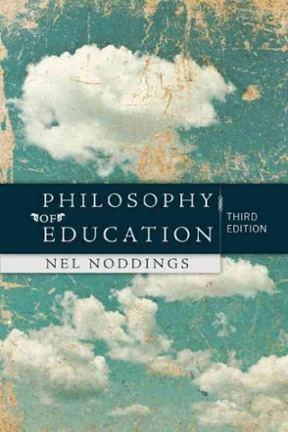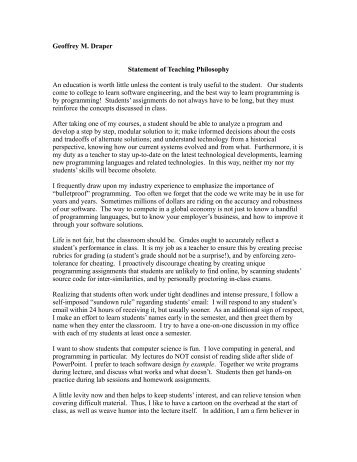 Understanding the color red and what it means in society, art, culture, and media, is a complex undertaking. The module will examine questions relating to the education and inclusion of a diverse range of students who are often socially excluded, including learners with impairments; refugees; asylum seekers; people excluded on grounds of sexual orientation; race; gender and social class.
Understanding the color red and what it means in society, art, culture, and media, is a complex undertaking. The module will examine questions relating to the education and inclusion of a diverse range of students who are often socially excluded, including learners with impairments; refugees; asylum seekers; people excluded on grounds of sexual orientation; race; gender and social class.
Critical thinking research have originally a social and philosophical-educational dimension: one of the first book on this subject was edited by National Council for the social Studies, in Washington D.C. in 1942: the editor was H.R. Anderson (ANDERSON, 1942) associated professor at the Cornell University, which presented a series of studies by G. Marcham , professor of English History at the Cornell University, H. Taba, assistant professor of Education and Research Associates at the University of Chicago (“The evaluation of critical thinking”), H.E. Wilson, associate professor at Harvard University.
A broad range of perspectives in the field share this prescriptive impulse: many of these perspectives can be comprised in what was once called the “isms” approach (perennialism, idealism, realism, Thomism, and so on)-the idea that a set of philosophical premises could generate a comprehensive and consistent educational program.
Theorical debate emphasises many aspects of the critical thinking idea: for many authors it is quite the same as logical thinking (CURTIS, 1980; ENNIS, 1958; ENNIS, 1962; HUGHES, 1977; Hyram, 1957; ULMER, 1949; WERKMEISTER, 1948; WHITE, 1936; WOODS & WALTON, 1974) or problem solving thinking (ALDRICH, 1948; BOSTWICK, 1959; DRESSEL & MAYHEW, 1954; MILLER & WESTON, 1949) The researchers stress the social motivation, the value of human person: the education of critical thinking could be a good defence against propaganda, advertisement and all the enemies of freedom and democracy (ANDERSON, MARCHAM, & DUNN, 1944; ELLIS, 1942; MARCHAM, ANDERSON, DUNN, & LUDLUM, 1941; SMITH, 1953) Others emphasise the critical evaluation in scientific method, specially about the hypothese’s nature and analysis (HENDERSON, 1958; WALLEN, HAUBRICH, & REID, 1963).
Obviously US economy is based on Supply and Demand adjustments therefore finally the most advance individuals are to succeed but when the educational system limits lower classes from stimulating education the potentials of many capable individuals have not being enhanced properly will bring disadvantage to US economy as a whole.
